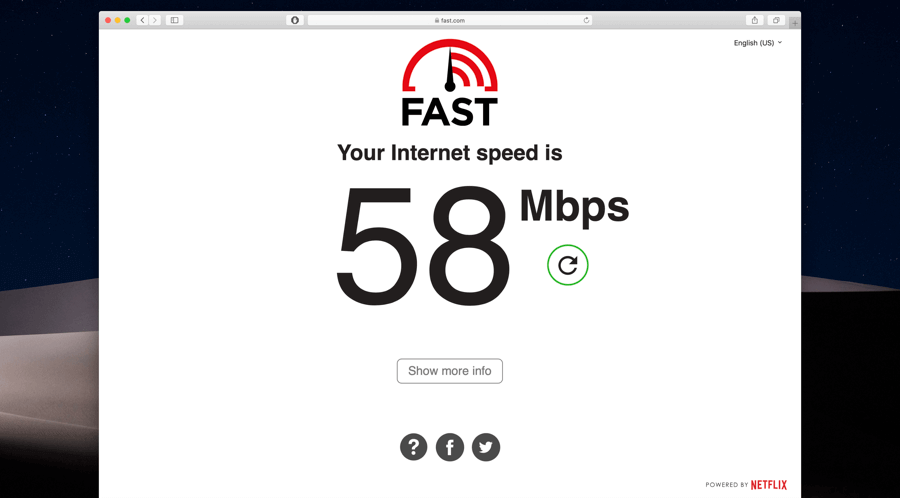
In a few cases, this component of the MBA program also incorporates pilot efforts which require particularly close technical coordination across FCC teams. As the name suggests, MARS projects mostly consist of standalone research experiments initiated due to requests from academic institutions engaged in advancing the “state of the art” in network measurements. MBA-Assisted Research Studies (MARS) cover projects that are distinct from the MBA program’s routine reporting and MBA measurement operations aimed at producing year-on-year longitudinal data and reports on network performance.

The data analyzed in the Reports thus reflect stable network conditions that provide the most accurate view of a provider’s performance under controlled conditions. The Measuring Fixed Broadband studies began in 2011 with the release of annual reports based on data typically collected during a single month with few large-scale traffic events, such as major holidays, sports events or other elections.

Tests conducted used automated, direct measurements of service delivered to the homes of thousands of volunteers across the United States. Reports offer results of rigorous broadband performance testing for 13 of the largest wireline broadband providers that serve well over 80 percent of the U.S.

The FCC has made available to stakeholders and the general public the open source software used on both its fixed and mobile applications, the data collected, and detailed information regarding the FCC's technical methodology for analyzing the collected data. This program is built on principles of openness and transparency. The Measuring Broadband America (MBA) program is an ongoing nationwide performance study of broadband service in the United States that developed out of a recommendation by the National Broadband Plan to improve the availability of information for consumers about their broadband service.


 0 kommentar(er)
0 kommentar(er)
